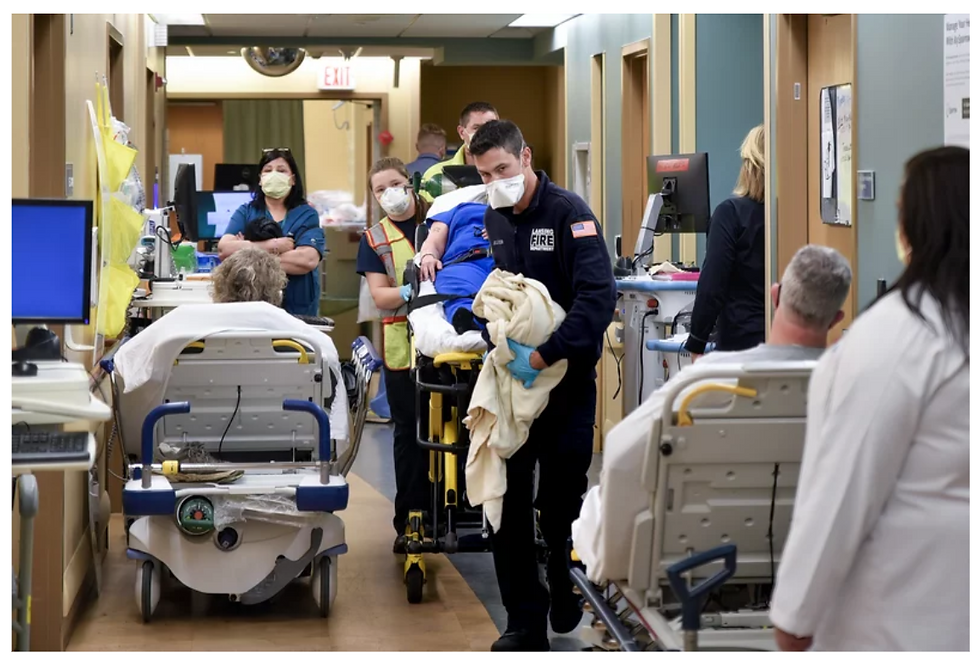Why Wound Nurse Certification Leads to Better Wound Care
- katherinepiette
- Jun 16, 2016
- 2 min read

There are so many nursing certifications programs these days, it’s becoming hard to keep up with the latest credentials! More and more, the path to board certification is being encouraged by employers and is quickly showing up on many nurses’ five year plans. The encouraging push for wound nurse certification seems to be almost mandatory for nurses in many settings, particularly if they are at a Magnet facility or within a Center of Excellence.
Some personnel development programs (“clinical ladder” programs) promote staff members to higher positions with increased salary, as they complete further education and board certification. It’s especially important to have advanced certifications in wound care, where experienced clinicians can reduce wound healing times.
So does this mean that to be a “good nurse” and provide excellent wound care, you have to have a board certification? Not at all! There are many amazing nurses who may never seek a certification. If not required to achieve it as a term of employment or licensure, advanced certification is a voluntary process. Nurses who do not attain board certification can still seek out educational wound healing opportunities -- wound care nurses typically enjoy teaching and all nurses can benefit from the knowledge shared by certified wound experts.
Is the push for certification really as important as a lot of folks make it? How can a board certification make that much of a difference in a patient’s healing outcome? Compelling studies have shown that the assessment of a wound and the planning and implementation of a wound treatment plan is better provided under the direction of a certified wound nurse than by a non-certified nurse. This can mean the difference of weeks in healing time or it can mean that a patient’s quality of life improves more quickly.
What, then, are the tools that make the certified wound care nurse such an asset? Board certification of a wound care nurse represents the individual’s commitment to a rigorous curriculum of study. Wound healing curriculum requires not only a good understanding of evidence-based wound healing principles, but also extensive knowledge of hundreds of advanced wound products, skin substitutes, compression wrapping systems, and negative pressure wound healing devices. Board certified wound nurses have the knowledge and clinical competence to provide the highest quality wound care for their patients. Study after study reveals that board certified wound care nurses have a significant positive effect upon accelerated wound healing through evidence based practice.
Interested in learning more about wound care? Download our infographic!





Comments